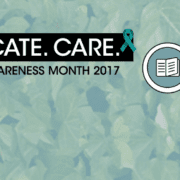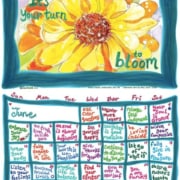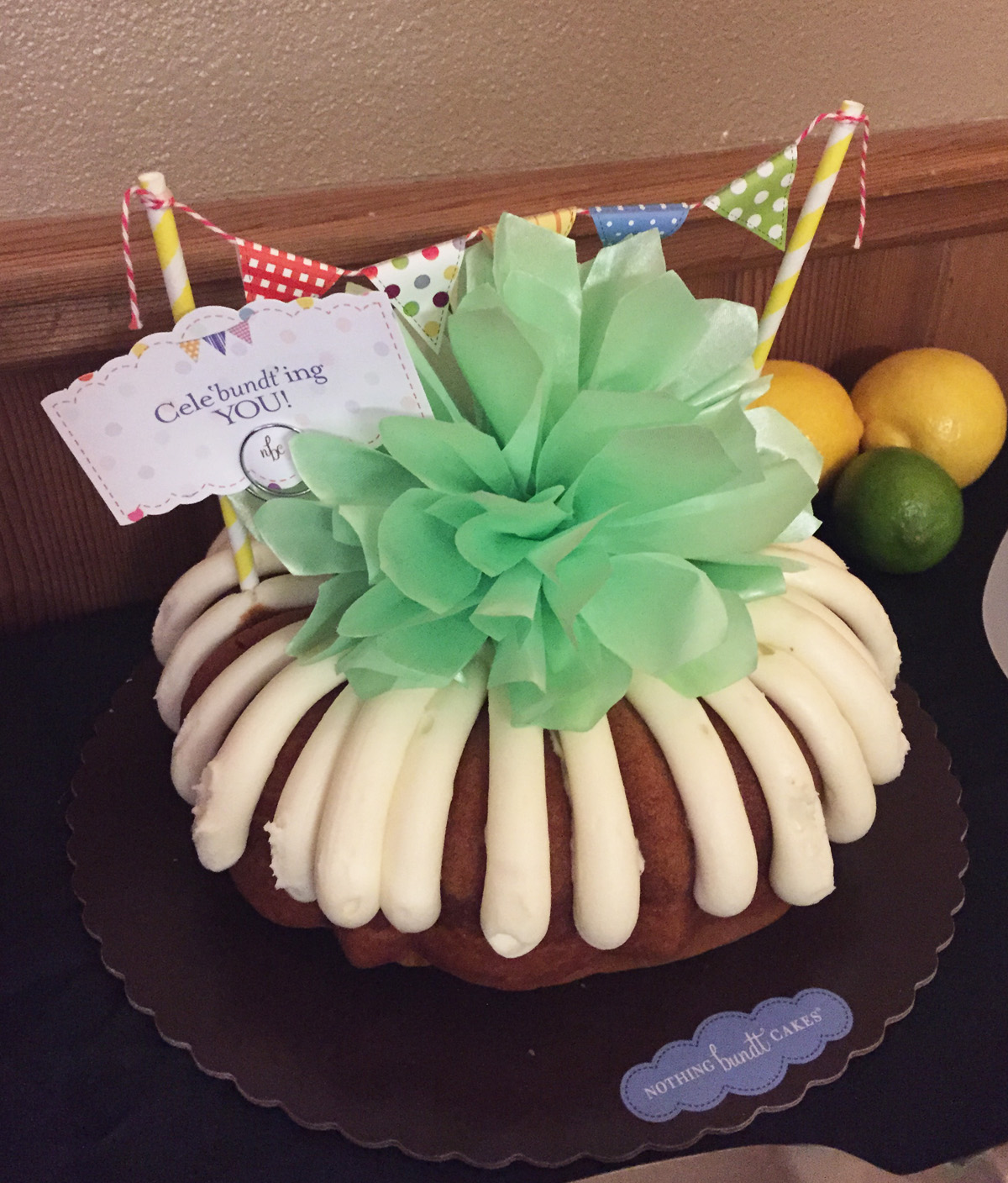Spotlight: Melody Chow
Melody is a recent graduate of our Primary Prevention & Education training. Read her take on the great work she is doing with SARC!
Teaching has always been a passion of mine. While studying as a film major in college, I mentored several students on media production and theory. It was a joy to watch them expand their worldview and creative expression, and heartening to know that I had a positive impact on their education.
When I heard that SARC has a prevention education branch, I jumped at the chance to get involved. Over these past few weeks, I’ve been training with Jenna Harper and several PSU graduate students to become an instructor in high schools. Our job will be to present lessons about healthy relationships, communication, pornography, and media. Subjects like oppression were particularly eye-opening to me; although I was incredibly aware of the patriarchal, white-centric society in which we live, I didn’t have the words to express those conditions in an articulate manner. This training has given me those words.
The cultivation of perpetration begins in childhood. Children are surrounded by a culture that encourages female objectification and victim blaming. They are taught at a young age that it’s okay to kiss someone without their consent because it’s “romantic” and that coercion is a viable means of communication. As educators, we can interrupt his destructive messaging and discuss the “why” behind these misconceptions. As we spark those conversations, students can come to their own conclusions about what it means to be an equal partner in a relationship and how they can rethink rape culture.
My first day of teaching is coming up quick and I couldn’t be more excited (and a little nervous). The lessons we will teach are so vital, and I hope that the students will be able to take our words to heart and fight perpetration.
















